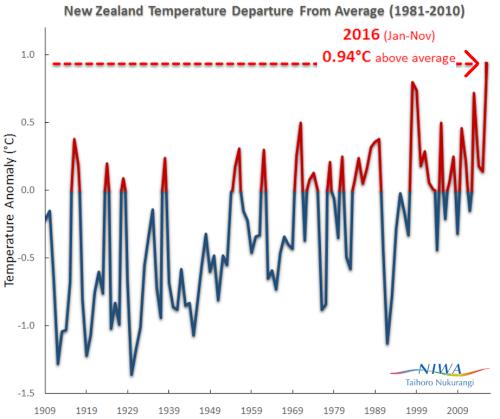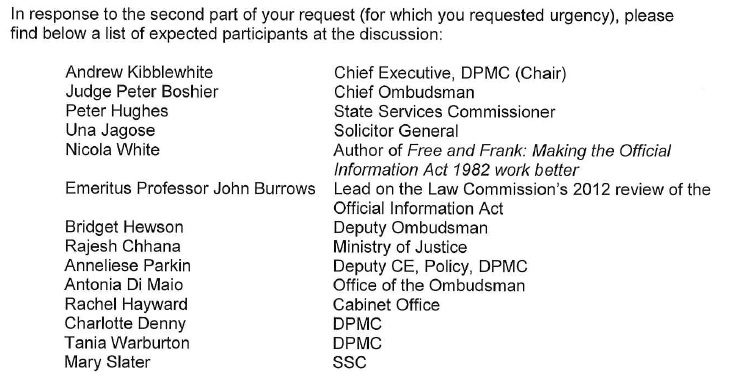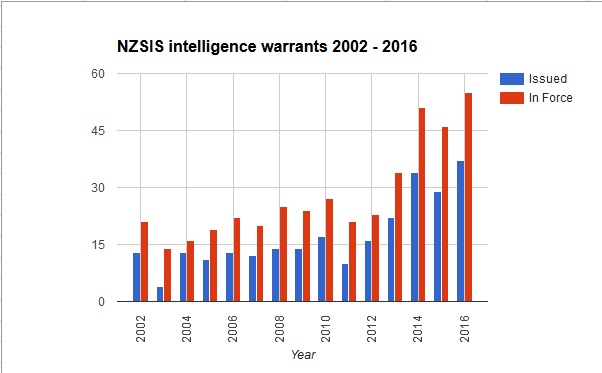“General and indiscriminate retention” of emails and electronic communications by governments is illegal, the EU’s highest court has ruled, in a judgment that could trigger challenges against the UK’s new Investigatory Powers Act – the so-called snooper’s charter.
Only targeted interception of traffic and location data in order to combat serious crime – including terrorism – is justified, according to a long-awaited decision by the European court of justice (ECJ) in Luxembourg.
The finding came in response to a legal challenge initially brought by the Brexit secretary, David Davis, when he was a backbench MP, and Tom Watson, Labour’s deputy leader, over the legality of GCHQ’s bulk interception of call records and online messages.
[...]
“Legislation prescribing a general and indiscriminate retention of data … exceeds the limits of what is strictly necessary and cannot be considered to be justified within a democratic society.” Prior authorisation by a court or independent body to access retained data is required for each official request, the ECJ said.
Of course, GCHQ's trawling wasn't even specified by legislation, but permitted by general spy warrants. But since the case was lodged the UK has passed the Investigatory Powers Act 2016, which requires ISPs to retain internet communications data and provide it to dozens of government agencies on request. That law is now almost certainly illegal. The bad news is that because this is a question of EU data standards, rather than human rights, then Brexit will make it legal again. To put it another way, only the EU is stopping the British establishment from implementing the total surveillance state they have been longing for since the 80's.


